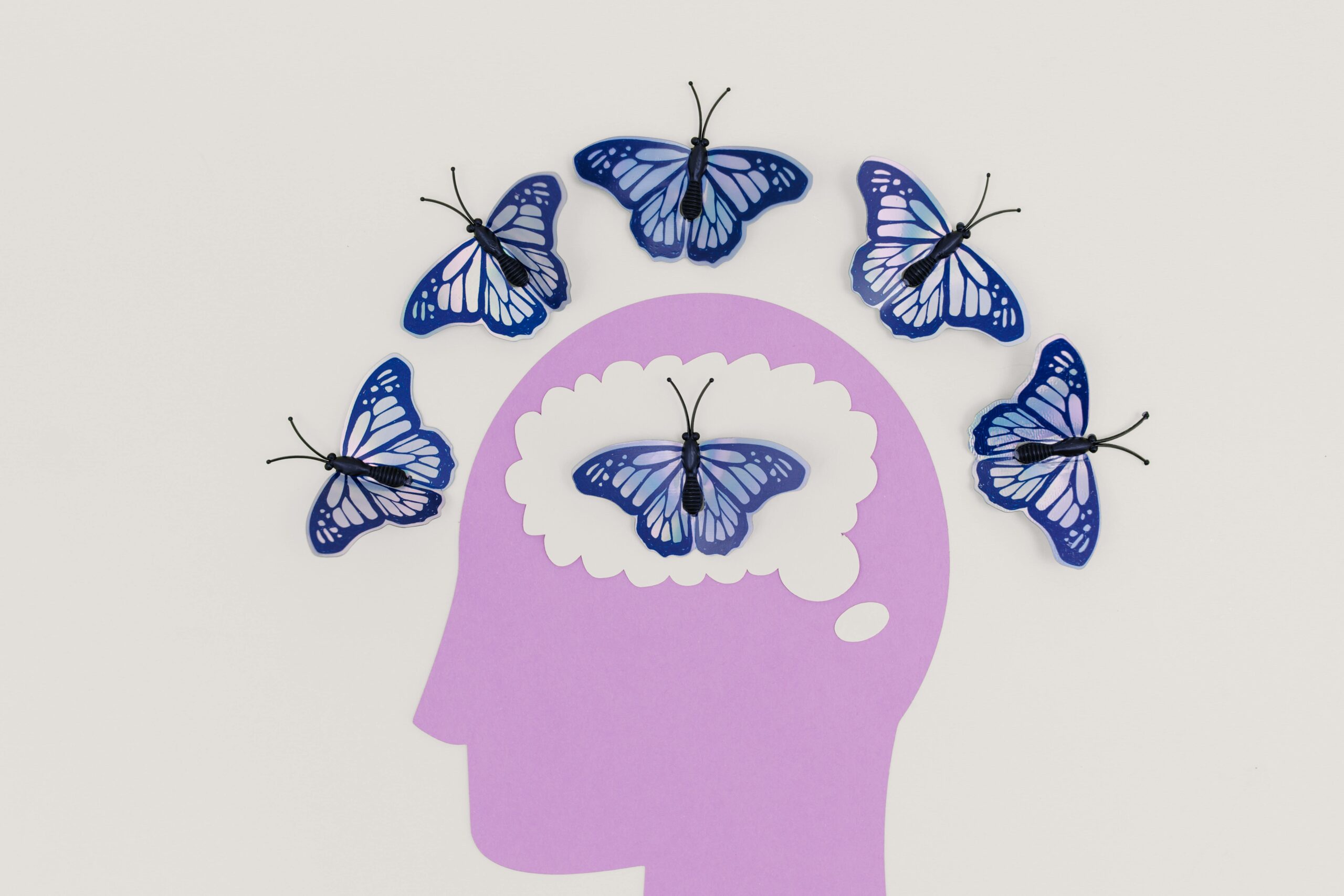At Psychology Cares, we provide services to enhance self-development through the intentional and ongoing process of optimising your skills, knowledge, capabilities, and general well-being. Self-development involves a conscious effort to grow, evolve, and improve oneself in emotional, intellectual, physical and social dimensions.
Through a blend of therapeutic interventions, goal-setting, and skill-building, these services empower individuals to optimise their well-being, foster personal growth, and navigate life’s complexities with confidence and resilience.
Children
Self-development services for children focus on laying a solid foundation for emotional intelligence, social skills, and cognitive abilities. Through age-appropriate interventions, children are guided toward building resilience, emotional regulation, and a positive self-image, setting the stage for a lifetime of well-being.
Teenagers
Navigating adolescence is a pivotal period for self-discovery and identity formation. Clinical services for teenagers facilitate this transformative journey by fostering self-awareness, coping mechanisms, and decision-making skills. Building resilience enables them to navigate challenges, build healthy relationships, and envision a future full of possibilities.
Adults
Self-development in adulthood involves ongoing growth, adaptation, and optimisation. Clinical services for adults focus on personal and professional aspects, aiding individuals in navigating life transitions, managing stress, and enhancing interpersonal skills. By fostering self-reflection and providing tools for resilience, these services support adults in their pursuit of fulfilment, purpose, and sustained personal growth.
Older Adults
As individuals age, self-development remains a crucial aspect of maintaining a fulfilling and meaningful life. Clinical services for older adults address the unique challenges of this life stage, including coping with changes in health and relationships. By promoting cognitive vitality, emotional well-being, and a sense of purpose, these services contribute to the ongoing self-development and optimization of older adults, ensuring a quality life in the later years.
Self development inevitably emerges from self-hood, self-meaning, and self-awareness. It is an integration of our story of being, thinking, feeling and acting in the world that is meaningful and purposeful.
It is as much about awareness of “who am I”, “what am I” and “what am I becoming” and how these self concepts interactively emerge in our world.
Below is an excellent piece of research which connects self-development with cognitive, socioemotional, and neurological perspectives. Illustrated in Figure 1 and Figure 2.
Click on the link below to read the whole article.
At Psychology Cares, we believe effectiveness of care is determined by how it meets your needs across a matrix of health and wellbeing outcomes. The World Health Organisation (WHO) also recognises the importance of integrated health care in its vision and strategy for global health service delivery.
According to WHO, integrated care is “an approach to strengthen people-centred health systems through the promotion of the comprehensive delivery of quality services across the life-course, designed according to the multidimensional needs of the population and the individual and delivered by a coordinated multidisciplinary team of providers working across settings and levels of care[…]the appropriate use of resources based on the best available evidence, with feedback loops to continuously improve performance and to tackle upstream causes of ill health and to promote well-being through intersectoral and multisectoral actions”





"Who am I” is embodied in the concept of self. Linking self-knowledge and self-awareness. It shapes the meaning, purpose and emotions during the course of our adult lives.


An fMRI study found that self becomes increasingly important in childhood.
Adolescence is an important life stage in building a relationship with ourselves and our peers.
We’re Still Improving!
Our website is under construction, and you might come across some misspellings or broken links. We’re working hard to fix these issues and improve your experience. Thank you for your patience and understanding as we make things right.